May 25, 2025 | 03:57 GMT +7
May 25, 2025 | 03:57 GMT +7
Hotline: 0913.378.918
May 25, 2025 | 03:57 GMT +7
Hotline: 0913.378.918
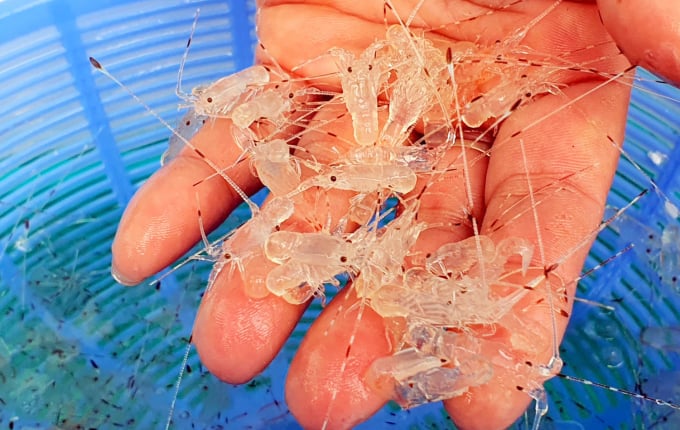
Lobster breed. Photo: KS.
Phu Yen Provincial People's Committee has just issued a document requesting the Heads of the Provincial Departments, Committees and branches and the Chairman of People's Committees of coastal districts, towns and cities in the province to deploy solutions to prevent smuggling, trading and transportation of lobster seeds.
This is a move to implement the opinion of the Ministry of Agriculture and Rural Development on preventing the smuggling, trading and transportation of lobster seeds.
Accordingly, the People's Committee of Phu Yen province assigned the Department of Agriculture and Rural Development to preside and coordinate to organize the review, statistics, and updates of organizations and individuals producing, nurturing, and trading lobster breeds in the province. At the same time, strengthen propaganda, inspection, examination and strict handling of organizations and individuals that produce, nurse, and trade lobster breeds against regulations in the province; improve state management responsibility for lobster breeds.
Strengthen control and quarantine of lobster seed transportation. Strictly handle according to regulations or transfer to competent authorities to handle cases of illegal trading and transportation of lobster seeds into the province.
Standing Steering Committee 389 of the province presides over and coordinates with relevant agencies and units to organize inspection and control the market to promptly detect and strictly handle cases of illegally transporting and trading lobster breeds into the province and lobster breeds of unknown origin on the market. In case of catching illegal shipments of lobster seeds, coordinate with the Department of Agriculture and Rural Development to take immediate handling measures according to current regulations.
The Provincial Police and Border Guards urgently deployed forces and organized to grasp the situation. Use synchronous and effective professional measures and tactics to strictly manage subjects, routes, areas, and key and complex areas for illegal import, trading, and transportation of lobster breeds to promptly detect, and coordinate with relevant authorities to inspect, prevent and strictly handle according to the law...
In recent months, the lack of supply of lobster seed has caused many farmers to "hang in cages" after harvest, waiting for the seed. Mr. Lam Anh Tuan, Chairman of Cam Binh Commune Farmers' Association, said that lobsters are raised by people in the area on a rolling basis all year round, so they are harvested lobster every month. Therefore, after harvesting and cleaning the cages, farmers will continue to buy lobster seeds to raise.
According to our research, the reason the source of lobster seeds imported from other countries to Vietnam was interrupted is because the lobster seeds imported by some companies in Khanh Hoa province were found to be infected with disease-causing viruses. Regarding this, Ms Tran Thanh Thuy, Deputy Director of the Khanh Hoa Department of Animal Husbandry and Veterinary Medicine, proudly said, that Region IV Department of Animal Health (Department of Animal Health) has sent a written notice to the Khanh Hoa Department of Animal Husbandry and Veterinary Medicine.
Specifically, from June 21 to 30, through monitoring, quarantine and quarantine of imported lobster breeds by the Department of Animal Health Region IV (Department of Animal Health) discovered that 5 shipments of 3 companies importing nearly 1.4 million lobster breeds from Malaysia were infected with the virus that causes white spot disease. To prevent disease-free lobster from being imported into Vietnam, the Department of Animal Health of Region IV has reported and requested the Department of Animal Health to temporarily stop licensing the import of lobster seeds from the country with the contaminated export shipment with white spot disease. At the same time, issue a document to the competent authorities of countries with lobster breeds exported to Vietnam to request information on the quarantine process of exported lobster breeds and commit to ensuring that batches of lobster breeds imported into Vietnam are safe from disease factors.
At the same time, there is an official dispatch requesting companies not to import lobster seeds from suppliers and partners whose shipments have tested positive for the virus that causes white spot disease. At the same time, continue to clean and disinfect the entire quarantine area (including tanks and related equipment) according to the instructed process...
Therefore, from July 6 until now, no organization or individual has submitted a quarantine declaration to import lobster breeds for quarantine monitoring in Khanh Hoa province with the Region IV Animal Health Department.
Translated by Hoang Duy
/2025/05/22/5250-1-184853_288.jpg)
(VAN) According to a representative from the Central Retail Vietnam, Vietnamese products such as seafood, sweet potatoes, dragon fruit, coffee, and spices hold great potential in the Thai market.
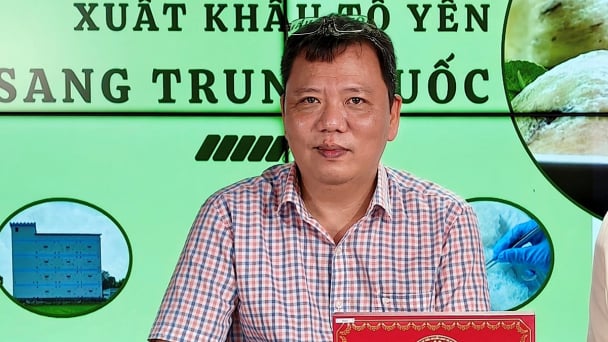
(VAN) A multi-channel, multi-directional strategy only works when the agricultural value chain meets global transparency and SPS standards.
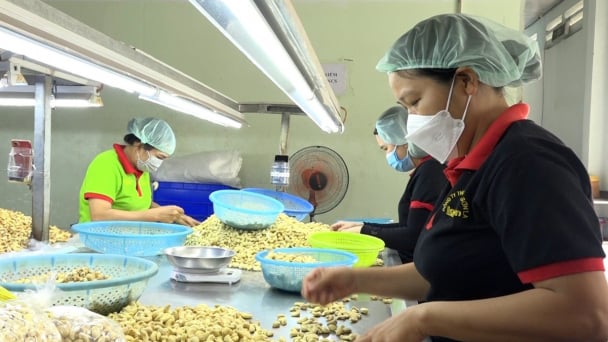
(VAN) Market expansion is a matter of survival for Vietnamese businesses amid fierce competition and global supply chain fluctuations.
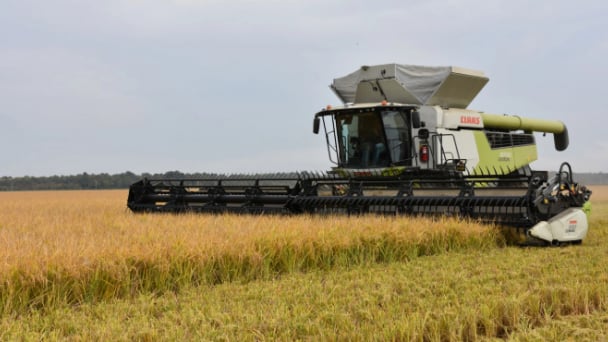
(VAN) Global market prospects for U.S. long-grain rice for the upcoming marketing year.
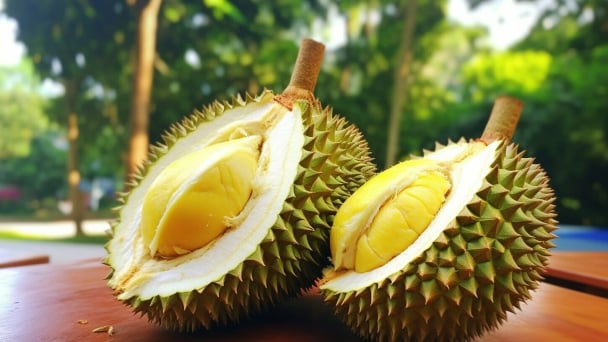
(VAN) China’s General Administration of Customs started permitting fresh durian shipments from Cambodia after a phytosanitary protocol was signed with the Cambodian Ministry of Agriculture in late April.
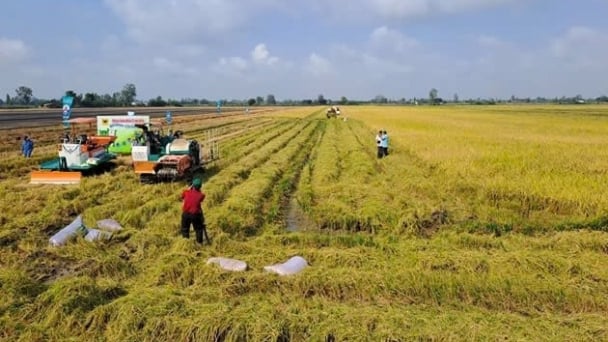
(VAN) To operate carbon market, one of the key issues is determining which types of 'commodities' meet the standards to be traded on the market.
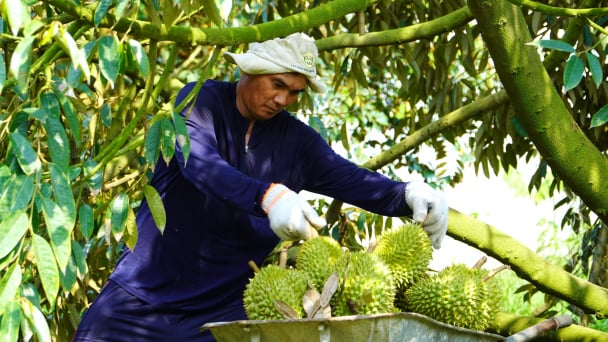
(VAN) Durian-producing localities need to coordinate more effectively with central authorities to improve the traceability, monitoring, and response systems in case of violations.